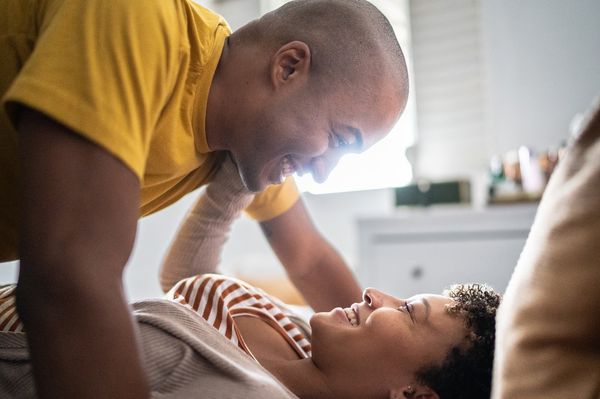Q. Would you recommend pelletized subcutaneous testosterone?
A. You say you're considering pelletized subcutaneous testosterone as a response to flagging libido. I have seen good results with testosterone therapy, which you can read about in this blog post.
Testosterone, however, is one time that I never recommend pellets. It's very difficult to manage levels and dosing in the pellet form, and I've seen plenty of awful outcomes of way-too-high doses, including masculinization that in some cases is irreversible (clitoral enlargement is one possible irreversible consequence, for instance).
While testosterone treatments are not FDA-approved for women in the U.S., we have plenty of data on transdermal, bioidentical testosterone use in women, and I think there is evidence those can be used safely if kept in female therapeutic ranges. I just don't see pellets as allowing management in that safe therapeutic range. I use male pharmaceutical products at a fraction of the dose used for men.
Estrogen is fine in pellet form, but even there I rarely use pellets. We have such great bioidentical pharmaceutical products that are so much easier and flexible to use, with known, consistent dosing, which pellets just can't provide. It's hard to get too much estrogen delivered to women, in general. Although I have seen super-high levels with pellets, we don't have information that this is harmful, and the only adverse side effect is usually breast soreness, which is reversible.
Barb DePree, MD, has been a gynecologist for 30 years, specializing in menopause care for the past 10. Dr. DePree was named the Certified Menopause Practitioner of the Year in 2013 by the North American Menopause Society. The award particularly recognized the outreach, communication and education she does through MiddlesexMD, a website she founded and where this blog first appeared. She also is director of the Women's Midlife Services at Holland Hospital, Holland, Michigan.







